X Email Mobile
| Number | Unit-price | Total | |||
| I want to buy: | × | 68.0 | = | 0 |
A new item has been added to your Shopping Cart. You now have items in your Shopping Cart.
Shaikang Plastic Firm 12yr.
Main Products:Ceramic tableware,ceramic bowl,ceramic plate,ceramic coffee ware,ceramic cup,saucer,ceramic teapot,ceramic tea set,ceramic cup,teacup
Contacts:计铁梅Chat
Mobile:86-18958481257
E-mail: WeChat:379920411
Address:35851 , 8 Street, 2 F, 85 Gate, International Trade Mart (District 4).
Address:浙江省 金华 义乌市 国际商贸城四区 B1区 85门2楼8街 35851
Related items
 | |||||||||||||||||||||||||||||||||||||||||||||||||||||||||||||||||||||||||||
| |||||||||||||||||||||||||||||||||||||||||||||||||||||||||||||||||||||||||||
Jingdezhen Porcelain - The History of Porcelain
China is the birthplace of porcelain, and the invention of porcelain is a great contribution of the Chinese nation to world civilization. The word "porcelain" in English also means "China." Around the middle of the Shang Dynasty, which dates back to about 1600 BC, early porcelain appeared in China. Because its body and the firing process of the glaze are still rough, and the firing temperature is low, it shows primitiveness and transitional characteristics, so it is generally called "primitive porcelain." The invention of "porcelain" began in the Han Dynasty, and it became mature by the Tang and Five Dynasties; it reached its peak in the Song Dynasty, with the Ding, Ru, Guan, Ge, and Jun kilns. Famous for thousands of years; the Yuan Dynasty saw the emergence of new products such as blue and white and underglaze red; the Ming Dynasty inherited and developed the traditional Song porcelain, with the Xuan De and Cheng Hua kilns products being particularly outstanding; the Qing Dynasty had an elegant and simple style, slightly inferior to previous times, but it was superior in delicacy and splendor, with the porcelain made during the reigns of Kangxi, Yongzheng, and Qianlong being particularly outstanding and amazing.
Porcelain evolved from pottery, and its invention was a gradual exploration based on the experience of the ancient Chinese people in the production of white pottery and printed hard-pottery. The production of porcelain requires three conditions: first, the raw materials for porcelain must be rich in minerals such as quartz and sericite; second, the firing temperature must be above 1200°C; and third, a high-temperature glaze is applied to the surface of the vessel during the firing process.
Porcelain, Jingdezhen, and China are one concept abroad, demonstrating the global status of Chinese porcelain. However, in modern times, compared to foreign countries, the ceramic industry has fallen behind significantly. In recent years, thanks to the efforts of ceramic artists and artists in Jingdezhen, modern art porcelain has begun to attract attention from overseas collectors. Collectors and ceramic enthusiasts have started to recognize that modern art porcelain is an undeniable new collection hotspot. The important molding process in the Jingdezhen hand-made porcelain technique was initially established in the Song Dynasty. Within the ceramic industry, the division of labor has become increasingly refined, with the widespread use of techniques such as pulling, stamping, trimming, repairing, dipping in glaze, and stirring glaze to create porcelain blanks. Then, techniques such as box-burning, cushion-burning, and support ring burning are used for firing. During the Yuan Dynasty, the "binary blending method" of adding kaolinite to porcelain stone and the blue and white underglaze painting technology were invented. During the Ming and Qing dynasties, the Jingdezhen porcelain industry further developed, with the saying, "It takes the combined effort of one mold to complete the product after 72 hands. Some of the fine details cannot be fully described."The system of porcelain-making skills has been essentially perfected, with each step of the process reduced to the simplest form possible. Those who work with clay focus solely on clay processing, those who pull the porcelain focus solely on the pulling, and the painters and dyers work separately, with the painters focusing on painting and the dyers on dyeing. This detailed division of labor has increased the efficiency of porcelain-making. Every aspect of the industry has skilled craftsmen with unique talents, and the Jingdezhen porcelain-making industry has reached its historical peak.
The pattern symbolizing happiness in marriage
As for the painting of a phoenix and a male phoenix, it symbolizes a harmonious and happy marriage. For example, the painting of 'Harmonious and Beautiful' depicts lotus and plum blossoms, with 'he' meaning harmony and 'mei' meaning beauty. If the painting depicts a white-headed bird and a peony, it symbolizes wealth and happiness until old age. In addition to common paintings such as the two immortals of harmony and the mandarin duck playing in the water, etc.
Symbol of Longevity
The painting of 'Antarctic Elder' depicts a longevity god holding a longevity peach in his hands, leaning on a dragon-head cane, with white hair and youthful appearance. 'Ma Gu's Presentation of Longevity' depicts a beautiful Ma Gu holding a peach fruit, symbolizing a wish for a long life. 'Wealth and Old Age' depicts a kitten playing with a butterfly and a peony, with the peony symbolizing wealth and the cat and butterfly symbolizing 'old age'. Commonly seen are 'Eternal Longevity' paintings, depicting a scarlet-billed finch and water lilies. 'Infinite Wealth and Longevity' depicts osmanthus and peach blossoms. In addition, there are 'Celebration at the Jade Pond', 'East Han Holding Peaches', 'Evergreen Pines and Cranes', and 'Immortals Celebrating Longevity', etc.
Product Description: Randomly shipped Weight: Beauty Bottle 1.13kg Wealthy Bottle 1.1"kilogram
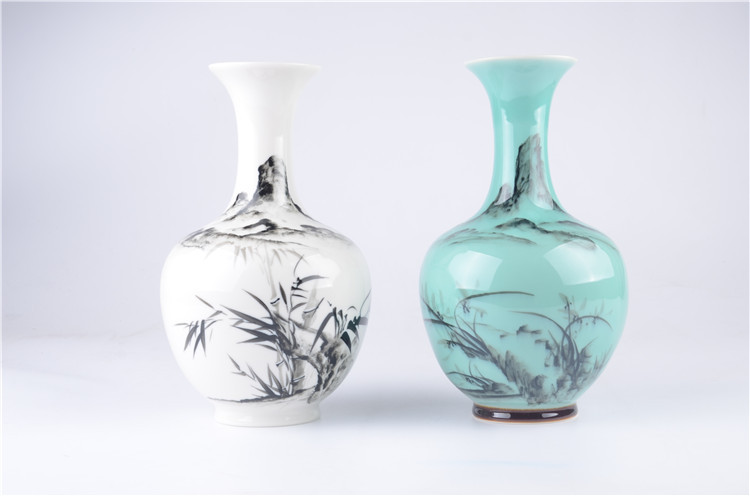
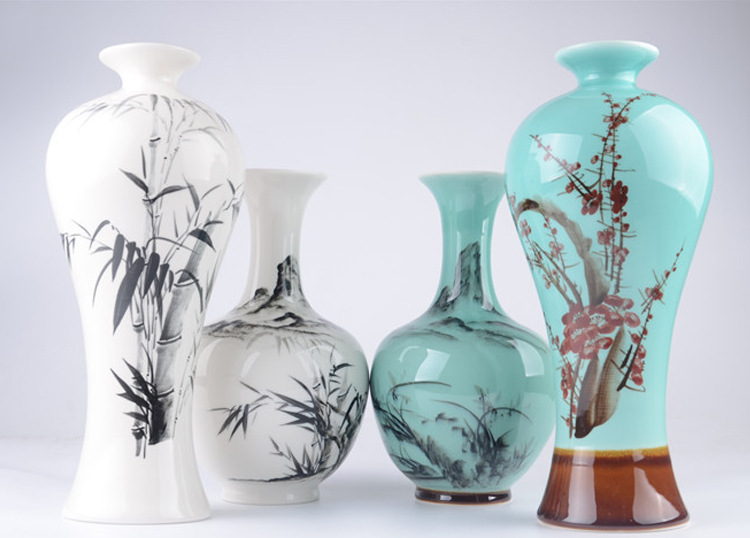

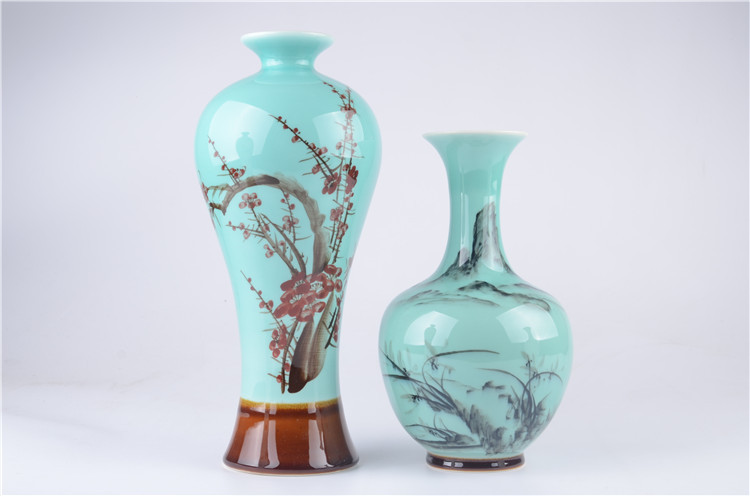
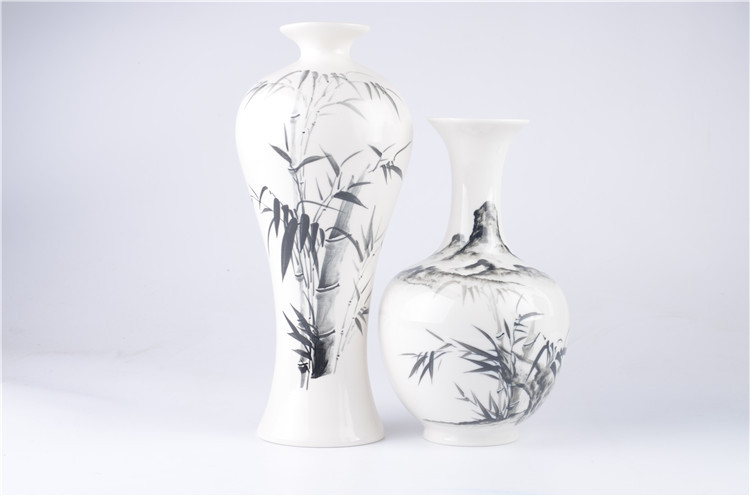
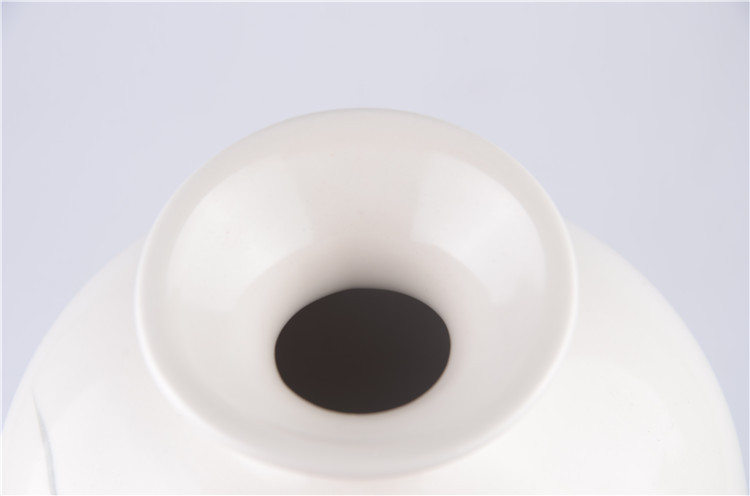
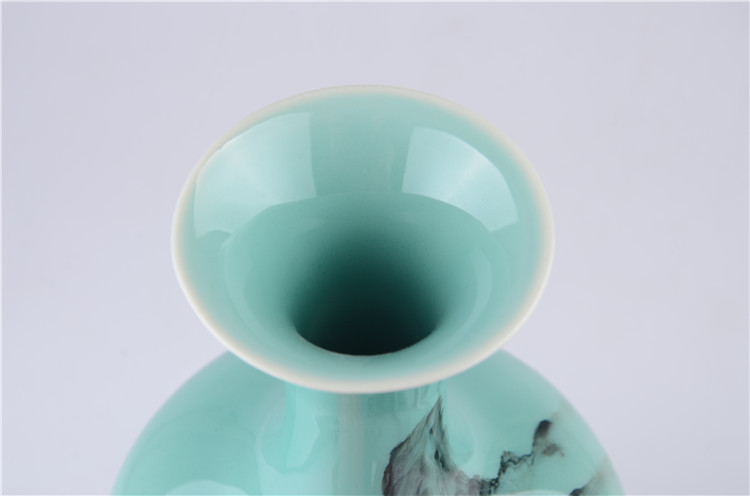
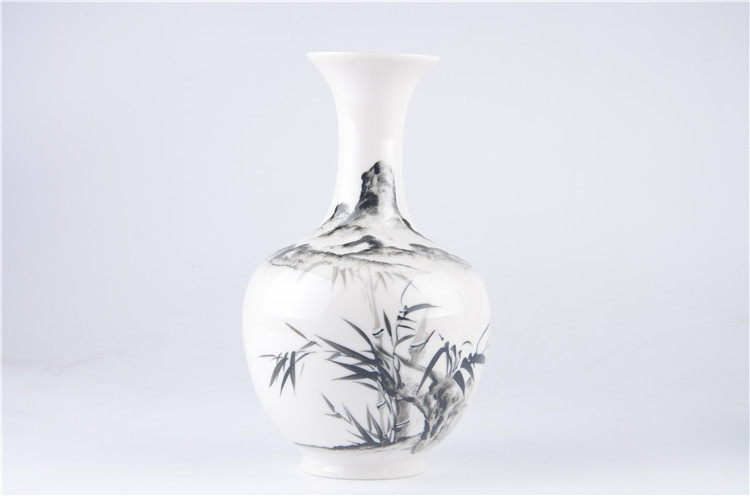
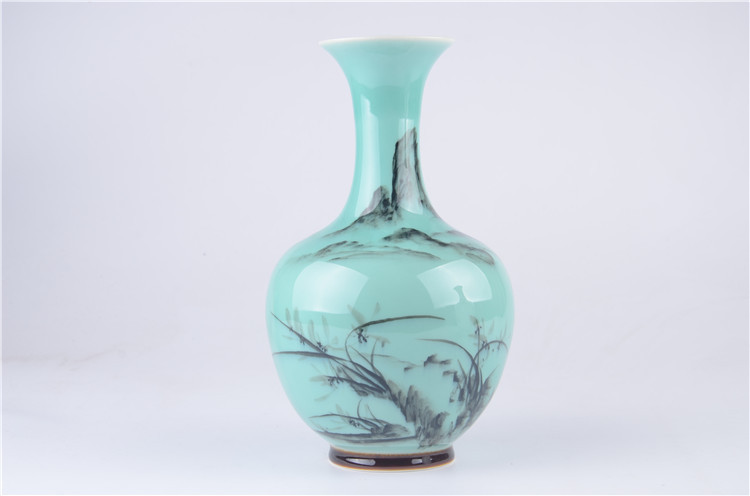
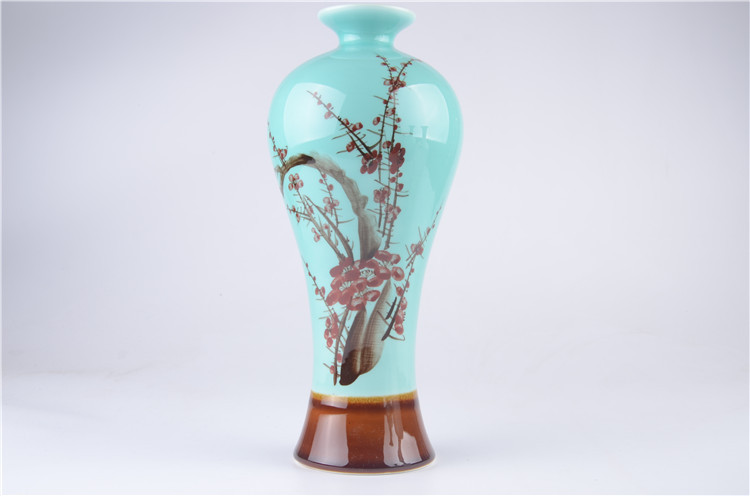
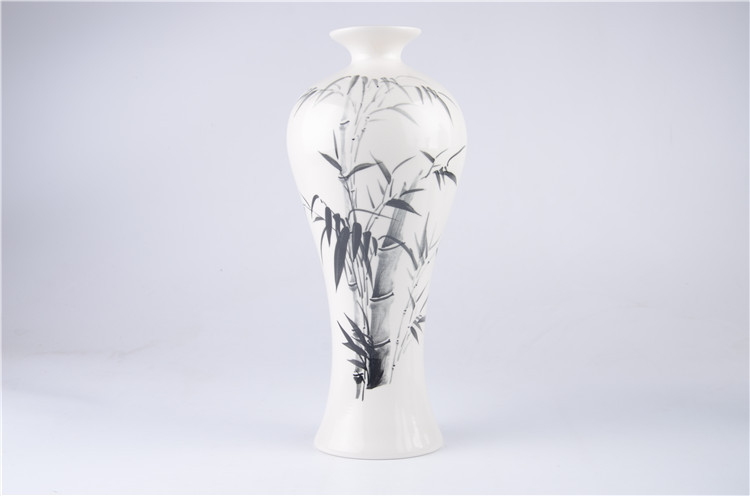
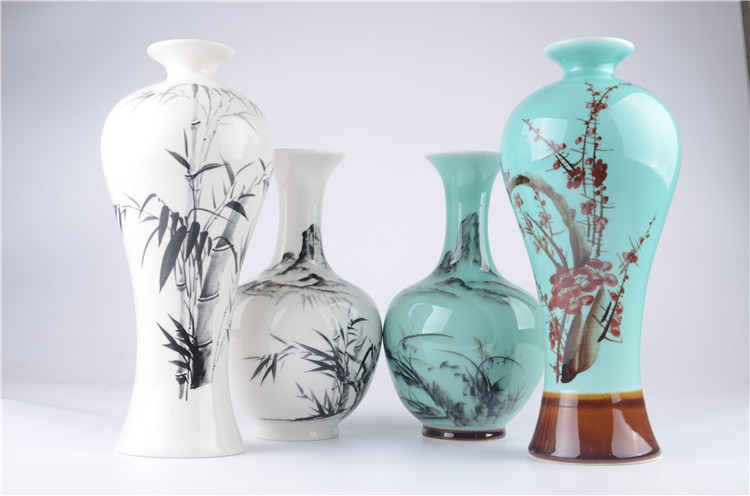



Update time:
TOP